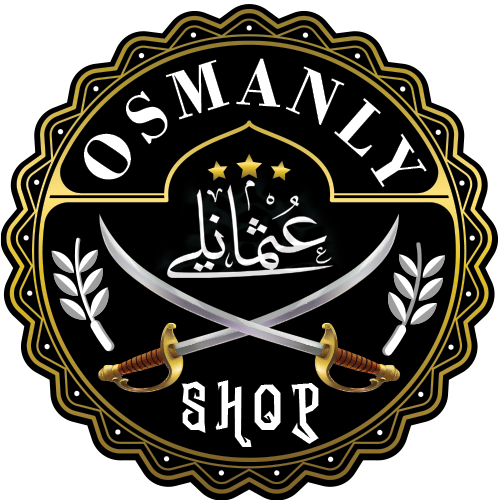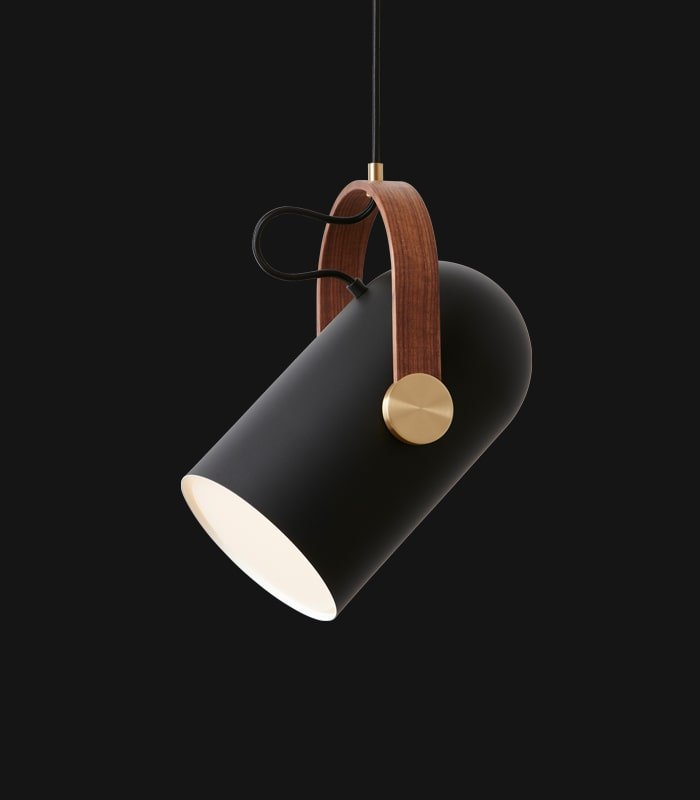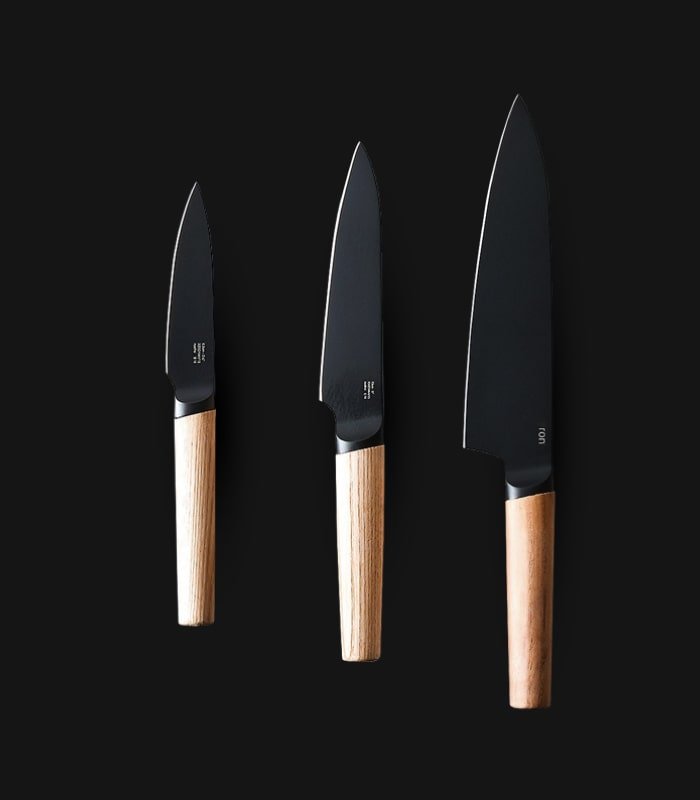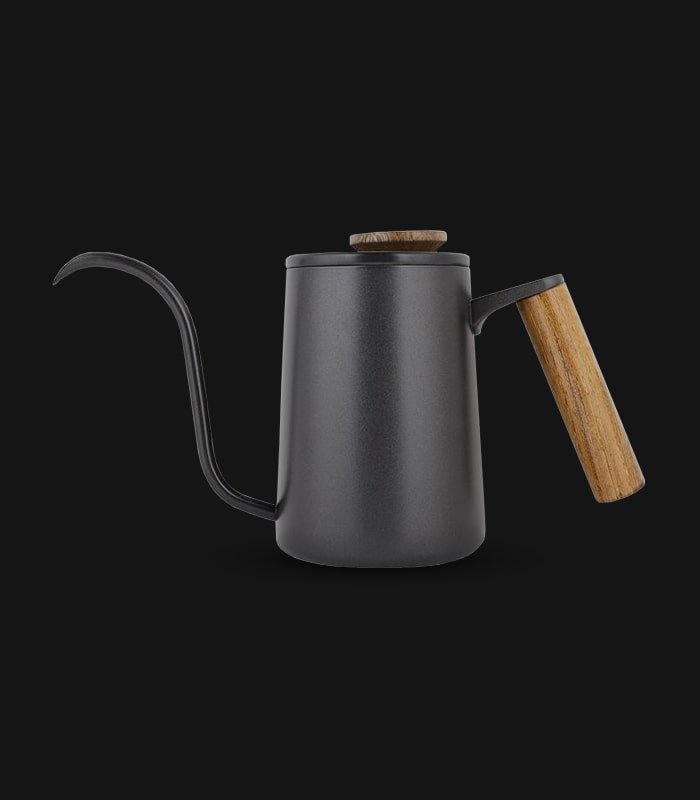Traditional Turkish Goods: A Journey Through Time
Turkey’s heritage is deeply woven into its traditional products, each offering a narrative that spans centuries. One of the most iconic symbols of Turkish craftsmanship is the Turkish carpet and rug industry. These intricately designed textiles are not just floor coverings but a form of storytelling, featuring unique patterns and themes passed down through generations. The history of Turkish carpets stretches back to the nomadic tribes of Central Asia, making each piece a testament to the rich cultural tapestry of the region.
Equally significant are Turkish ceramics, which have been a hallmark of artistic expression since the Seljuk and Ottoman eras. Known for their vibrant colors and detailed motifs, these ceramics often depict sprawling floral patterns, geometric shapes, and scenes from Turkish history. The city’s centers such as İznik and Kütahya have long been esteemed for their ceramic artistry, producing tiles that adorned the grand architecture of mosques and palaces.
Traditional Turkish textiles, including hand-embroidered garments, play a crucial role in showcasing the nation’s craftmanship. The use of natural dyeing techniques, using roots, leaves, and other organic materials, highlights a dedication to sustainability and tradition. These textiles often feature complex embroidery patterns that are unique to various regions within Turkey, underlining the country’s cultural diversity.
No exploration of Turkish goods would be complete without mentioning Turkish delights and sweets. Baklava, with its layers of thin pastry, nuts, and honey, and lokum, commonly known as Turkish delight, reflect the sweet side of Turkish tradition. The preparation methods of these confections have remained largely unchanged for centuries, emphasizing quality and authenticity. The meticulous process of making these sweets involves skills handed down through countless generations.
These traditional products not only serve as cultural markers but also as living artifacts that maintain their relevance in contemporary Turkey. They are the embodiment of Turkey’s historical richness and its continual celebration of craftsmanship and cultural expression.
Modern Turkish Innovations: Blending Tradition with Contemporary Style
The dynamic landscape of modern Turkish innovations is a testament to the seamless fusion of tradition and contemporary design. This unique blend is particularly visible in Turkey’s fashion industry, which has garnered international recognition for its ability to interweave traditional motifs and methods with modern aesthetic sensibilities. Turkish designers are renowned for marrying ancient textiles and embroidery techniques with cutting-edge fashion trends, creating collections that stand out on global runways. The resulting garments not only celebrate Turkish heritage but also resonate with a global audience, seeking authenticity and originality.
Turkey’s role in the global textile market further underscores its ability to merge age-old practices with modern demands. As one of the leading textile producers worldwide, Turkey prides itself on high-quality textile products, ranging from intricate carpets to sophisticated ready-to-wear fabrics. These products often feature traditional patterns reimagined through contemporary lens, offering versatility and quality that cater to diverse markets. Advanced manufacturing technologies and sustainable practices further position Turkey as a forward-thinking leader in the textile industry.
In addition to fashion and textiles, contemporary Turkish furniture and home decor exemplify the harmony between heritage and modernity. Turkish artisans apply time-honored craftsmanship to create furniture that is both aesthetically pleasing and functional. Pieces often incorporate elements such as hand-carved wood, inlays, and traditional patterns, effortlessly blending them with minimalist or avant-garde designs. This fusion results in distinctive furniture items and home decor accents that appeal to a discerning global clientele.
The organic and natural product sector in Turkey stands as another pillar of this harmonious blend. Leveraging traditional ingredients such as olive oil, rose water, and other botanicals, Turkish beauty and wellness products epitomize the union of historical wisdom and contemporary health trends. These products, known for their purity and effectiveness, have gained a loyal following among health-conscious consumers worldwide. The focus on sustainable farming and natural ingredients highlights Turkey’s commitment to offering high-quality products while preserving its ecological and cultural heritage.
Through these diverse industries, Turkey continues to showcase its exceptional ability to combine rich heritage with modern innovation. Turkish products, from fashion and textiles to furniture and organic beauty items, illustrate how tradition and contemporary style can coexist, offering unique and appealing options for the global market.


























